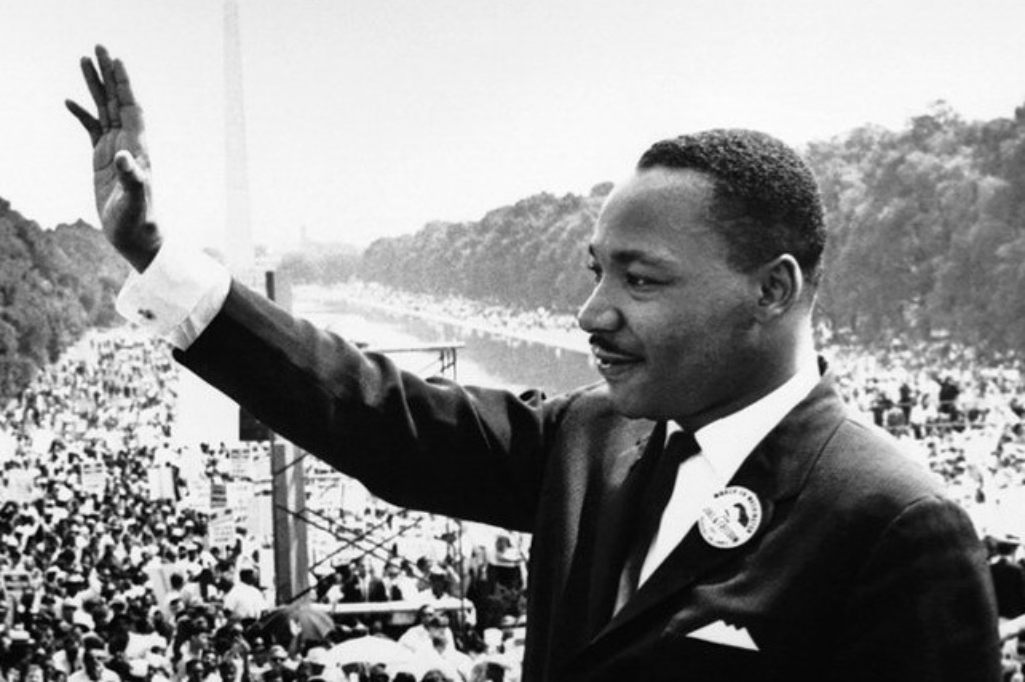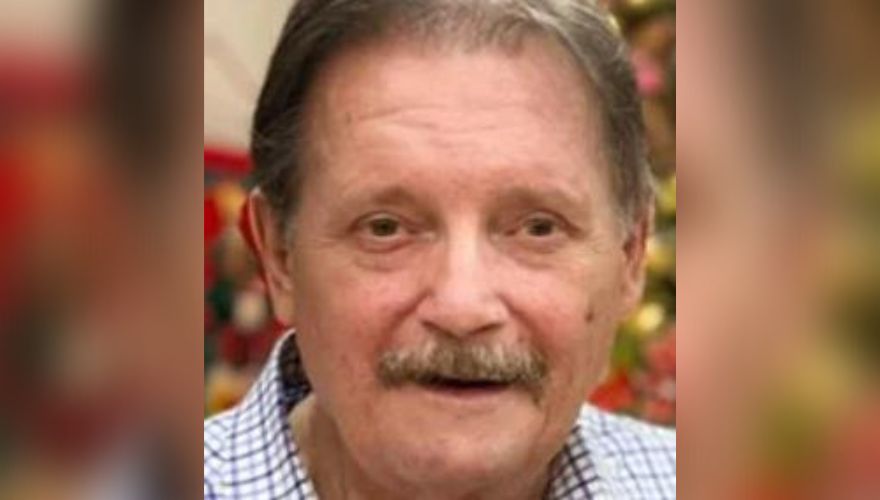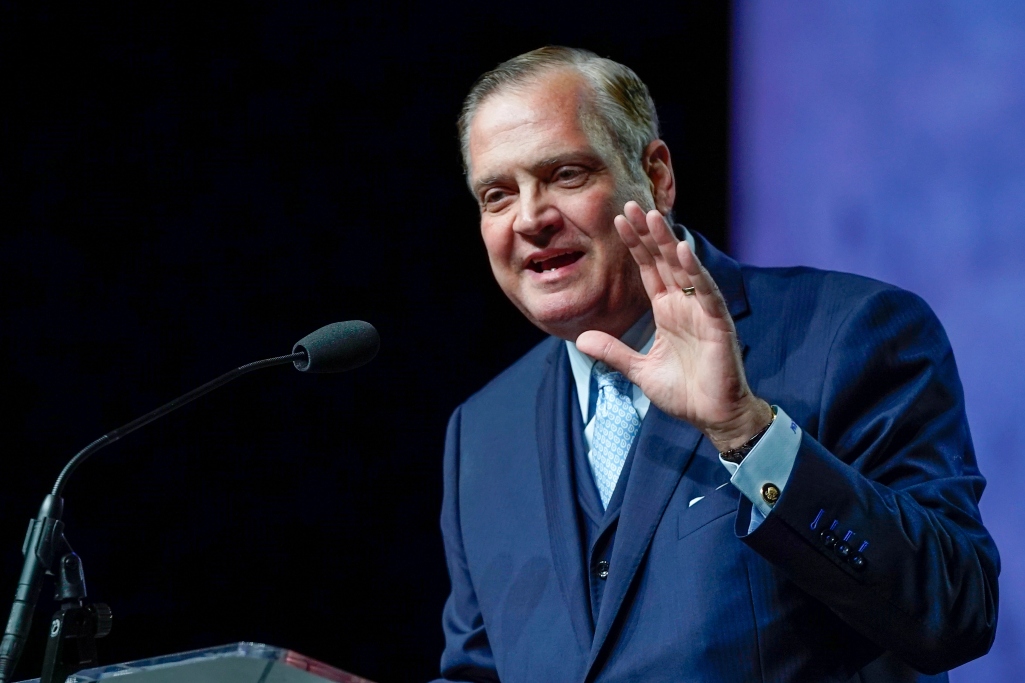
CHARLESTON, S.C. (BP) — Charleston pastor Marshall Blalock listened again to Martin Luther King Jr.’s 1961 remarks at Southern Baptist Theological Seminary, where “his perspective was not always appreciated at the level we would today.”
Blalock was struck that the image of God from Genesis 1 was foundational to King’s perspective of racial equality and his call to love and appreciate one another.
The image of God “is the foundation for reaching out with God’s grace to every person across the planet, which is what Southern Baptists are about,” Blalock told Baptist Press ahead of the 95th anniversary of King’s birth.
“Having that movement rooted in the image of God, directly from the Bible, I think that gave his movement more power,” said Blalock, pastor of First Baptist Church of Charleston.
“Dr. King, to his credit, he got that right.”
Blalock is in line with 81 percent of U.S. adults in positively viewing King’s impact on the nation, according to a Pew Research study conducted among nearly 6,000 adults in April 2023. The poll marked the 60th anniversary of the March on Washington and King’s iconic “I Have a Dream” speech.
A diversity of Southern Baptists also voiced a positive view of King, including former Southern Baptist Convention President Ed Litton, Georgia African American Fellowship President Gregory Ward, and Victor Kirk Sr., a pastor and Baptist Convention of Maryland/Delaware consultant to African American churches.
In Pew’s study of 5,073 adults, 47 percent of said King left a “very positive” impact on the nation, but only 38 percent said their own views on racial equality were influenced by King’s legacy a “great deal or a fair amount.”
Blalock believes the lower percentage of respondents who said King impacted them personally is due to the timeframe of King’s work.
“It’s hard not to love Dr. King,” Blalock said. “The people that were alive back then may feel it more deeply, because they walked through it. The lived experience makes a difference, I think.”
For Litton, pastor of Redemption Church in Saraland, Ala., King’s commitment to nonviolence has left an underappreciated mark on the country.
“His commitment to standing for truth and justice, and how he did that,” Litton said, referencing King’s nonviolence, “is I think his greatest contribution.”
Escalating violence globally evidences King’s uniqueness in his role as a changemaker, said Litton, who served as SBC president from June 2021-June 2022.
“I honor Dr. King for many reasons but let me say that one which stands out most is that a day came in his life when he could not remain silent,” Litton said. “Had he not chosen to speak and act on that day, I doubt we would consider his greatness and goodness on this day. May we take courage to speak up for what matters today as he did.”
Through Litton’s own racial reconciliation work cross-denominationally in Mobile, Ala., and nationally among Southern Baptists through the Unify Project, he gained a greater personal appreciation for King.
“In our discussions in Mobile, Dr. King was talked about multiple times,” Litton said. “And African American pastors, Black pastors would share, basically the conclusion I came to. That yes, they were very much aware that he was a man and that he struggled with sin, but not to overlook how critical a figure he was to the American experience.”
King’s struggle with sin is widely asserted to have included marital infidelity, based on clandestine recordings by the FBI and interviews with civil rights workers, but pastors who referenced King’s struggles said his civic and religious work remains credible and beneficial to the nation.
Ward, pastor of Emmanual Baptist Church in Riverdale, Ga., said he has respected King from his youth, having grown up in Detroit with parents who were immensely civically engaged. Then, moving to Atlanta to attend Morehouse College, he heard Clark Atlanta University’s weekly radio broadcasts of King’s speeches.
At Morehouse, one of King’s alma maters, Ward began to greatly appreciate King as a wise and skilled theologian, in addition to an advocate for widespread progress while still a young man.
“Martin Luther King was a very excellent theologian as well and many forget that,” Ward said, “that his message really emanated from his heart’s conviction. That really right now behind the wholeness of our culture is religion. And whereas religion was frontal many years ago, it’s kind of taken a back seat.”
King’s nonviolence should be renewed, Ward said, noting that the vitriol that has made its way into the public square today in no way circumvents King’s message of the ’60s.
“The country very particularly is certainly so much better as a result of that adoption of nonviolence,” Ward said, “and very particularly (nonviolence) among all that sought to pervade violence on him.”
Kirk, senior pastor of Sharon Bible Fellowship Church in Lanham, Md., said King’s legacy has had a positive impact on the nation. But Kirk believes the impact should be even greater. Some alive today don’t know much about King’s work because of the timeframe, Kirk said, and therefore don’t cite a great personal impact from his legacy.
Many African American pastors in Maryland celebrate King, Kirk said, from a perspective of the groundwork he laid for African Americans to participate more fully in all areas of society.
“We who are alive need to emphasize what he has done more,” Kirk said.
Kirk, who was 10 years old when King died, references even King’s assassination as impactful, “based on the pain that resonated through the African American community. I know my parents were affected.
“I just know what he did to help the African American populace get over the hump of racism and fight for freedom. And we’re still fighting for it, unfortunately, in 2024.”
(EDITOR’S NOTE – Diana Chandler is Baptist Press’ senior writer.)


